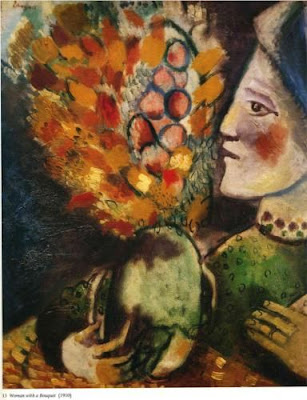Esta semana otra médica de familia de Madrid anuncia que abandona la Atención Primaria. Reconozco que hasta hace muy poco estas noticias me causaban una terrible desazón máxime cuando, como es el caso, conocía a la persona. Ahora sigo notando una punzada pero asumo la noticia con naturalidad, es lo que hay. Acabamos de terminar una huelga que ha sido como la carga de la brigada ligera, un último intento desesperado de pedir auxilio. Si no nos llegó con la pandemia menos ahora. La realidad es que los residentes de familia están más interesados en buscar opciones fuera de los centros de salud, los médicos a punto de jubilarse deseándolo (y sin posibilidad de quedarse con un plan ajustado a sus necesidades) y los que están entre medias huyendo los que pueden y rezando los que quedan.
El futuro de la Atención Primaria tendrá enfermeras, auxiliares, paramédicos, inteligencia artificial, aplicaciones, teleconsultas y todo lo que quieran. Lo que seguro que no tiene son médicos de familia ni pediatras suficientes. Habrá alguno, pero dudo mucho que pueda hacer una labor más allá de lo que exige la mera supervivencia. El contrato social entre pacientes y médicos se ha roto. Reformularlo implica algo más que lucha sindical.
En pocas semanas los madrileños votarán qué gestión sanitaria quieren. Las encuestas indican que permanecerá la línea actual. Que tengan un buen día.
Facing up to disaster.
This week another family doctor in Madrid announces that she is leaving primary care. I must admit that until very recently this news caused me terrible dismay, especially when, as in this case, I knew the person. Now I still feel a pang but I accept the news naturally, it is what it is. We have just finished a strike that has been like the charge of the light brigade, a last desperate attempt to call for help. If it didn't reach us with the pandemic, even less so now. The reality is that family residents are more interested in looking for options outside the primary health centres, doctors on the verge of retirement wishing for it (and with no chance of being left with a plan adjusted to their needs) and those in between fleeing those who can and those who are left praying.
The future of Primary Care will have nurses, assistants, paramedics, artificial intelligence, applications, teleconsultations and everything else they want. What it certainly won't have are enough family doctors and paediatricians. There will be some, but I doubt very much that they will be able to do a job beyond what is required for mere survival. The social contract between patients and doctors has been broken. Reformulating it involves more than union struggle.
In a few weeks the people of Madrid will vote on what health management they want. Polls indicate that the current line will remain. Have a nice day.
承担灾难。
机器翻译,请原谅错误。
本周,马德里的另一位家庭医生宣布,她将离开初级保健。我必须承认,直到最近,这个消息还让我感到非常沮丧,尤其是在这个案例中,我认识这个人。现在我仍然感到震惊,但我很自然地接受了这个消息,它就是这样。我们刚刚结束了一次罢工,这次罢工就像轻骑兵的冲锋,是最后一次绝望的求救尝试。如果说大流行病时没有传到我们这里,现在就更不用说了。现实情况是,家庭居民更愿意在保健中心之外寻找选择,濒临退休的医生希望如此(而且没有机会留下一个根据他们的需要调整的计划),而那些介于两者之间的人则是逃离那些可以逃离的人,而那些人则是在祈祷。
未来的初级保健将有护士、助理、护理人员、人工智能、应用程序、远程会诊和他们想要的其他一切。但它肯定不会有足够的家庭医生和儿科医生。会有一些,但我非常怀疑他们是否能够做超出单纯生存所需的工作。病人和医生之间的社会契约已经被打破。重新制定合同涉及的不仅仅是工会的斗争。
几周后,马德里人民将投票决定他们想要什么样的卫生管理。民意调查显示,目前的路线将保持不变。祝您有愉快的一天。

.jpg)
.jpg)
No hay comentarios:
Publicar un comentario